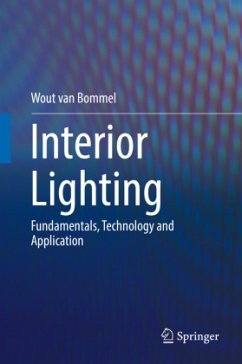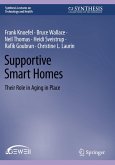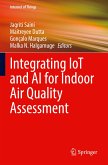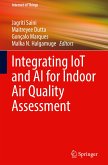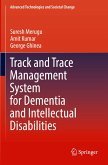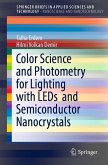This book outlines the underlying principles on which interior lighting should be based, provides detailed information on the lighting hardware available today and gives guidance for the design of interior lighting installations resulting in good visual performance and comfort, alertness and health.
The book is divided into three parts. Part One discusses the fundamentals of the visual and non-visual mechanisms and the practical consequences for visual performance and comfort, for sleep, daytime alertness and performance, and includes chapters on age effects, therapeutic effects and hazardous effects of lighting. Part Two deals with the lighting hardware: lamps (with emphasis on LEDs), gear, drivers and luminaires including chapters about lighting controls and LEDs beyond lighting. Part Three is the application part, providing the link between theory and practice and supplying the reader with the knowledge needed for lighting design. It describes the relevant lighting criteriafor good and efficient interior lighting and discusses the International, European and North American standards and recommendations for interior lighting.
A particular focus is on solid state light sources (LEDs) and the possibility to design innovative, truly-sustainable lighting installations that are adaptable to changing circumstances. The design of such installations is difficult and the book offers details of the typical characteristics of the many different solid state light sources, and of the aspects determining the final quality of interior lighting.
Essential reading for interior lighting designers, lighting engineers and architects, the book will also be a useful reference for researchers and students.
Reviews of Road Lighting by the same author:
"If you are going to design streetlighting, you must read this book....a solid, comprehensive textbook written by an acknowledged expert in the field - if you have a query about any aspect of streetlighting design, you will find the answer here." - LUX, August 2015
"...a realy comprehensive book dealing with every aspect of the subject well...essential text for reference on this subject" - Lighting Journal, March 2015
The book is divided into three parts. Part One discusses the fundamentals of the visual and non-visual mechanisms and the practical consequences for visual performance and comfort, for sleep, daytime alertness and performance, and includes chapters on age effects, therapeutic effects and hazardous effects of lighting. Part Two deals with the lighting hardware: lamps (with emphasis on LEDs), gear, drivers and luminaires including chapters about lighting controls and LEDs beyond lighting. Part Three is the application part, providing the link between theory and practice and supplying the reader with the knowledge needed for lighting design. It describes the relevant lighting criteriafor good and efficient interior lighting and discusses the International, European and North American standards and recommendations for interior lighting.
A particular focus is on solid state light sources (LEDs) and the possibility to design innovative, truly-sustainable lighting installations that are adaptable to changing circumstances. The design of such installations is difficult and the book offers details of the typical characteristics of the many different solid state light sources, and of the aspects determining the final quality of interior lighting.
Essential reading for interior lighting designers, lighting engineers and architects, the book will also be a useful reference for researchers and students.
Reviews of Road Lighting by the same author:
"If you are going to design streetlighting, you must read this book....a solid, comprehensive textbook written by an acknowledged expert in the field - if you have a query about any aspect of streetlighting design, you will find the answer here." - LUX, August 2015
"...a realy comprehensive book dealing with every aspect of the subject well...essential text for reference on this subject" - Lighting Journal, March 2015

